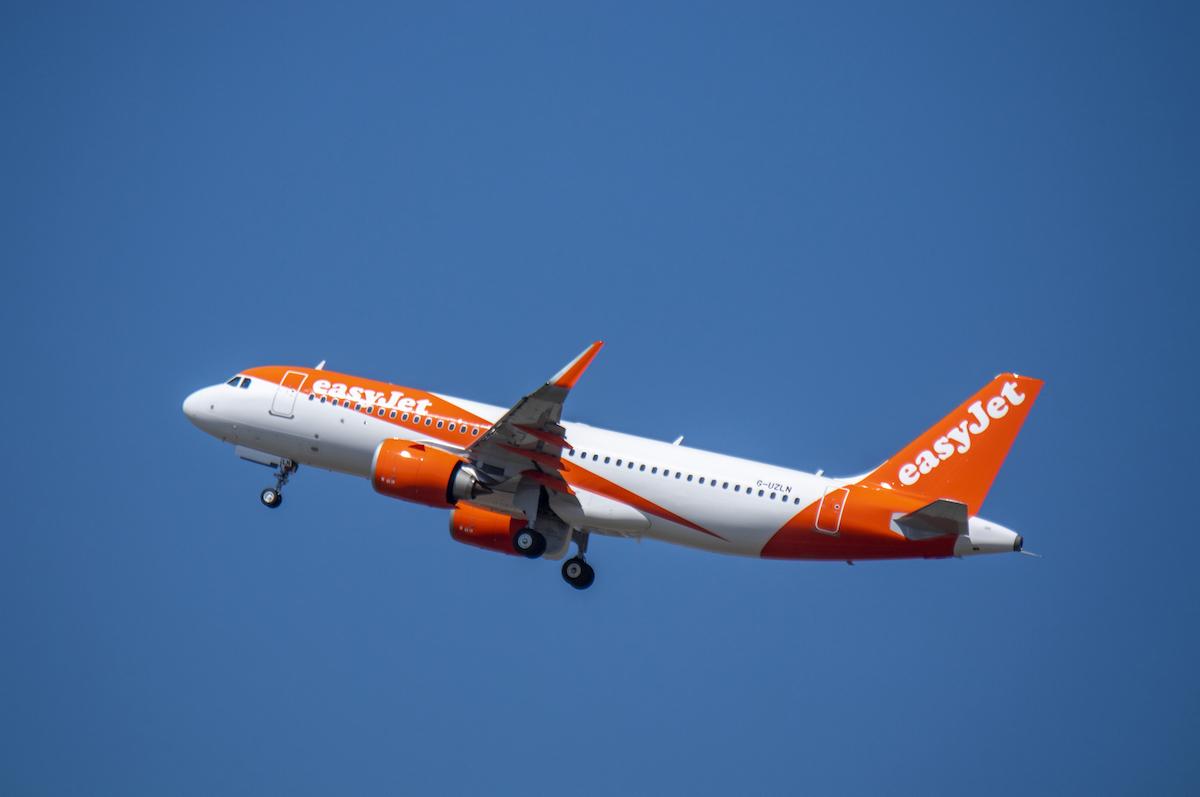
FARNBOROUGH—EasyJet placed an order for 56 Airbus A320neo family aircraft on July 20 at the Farnborough Airshow.
EasyJet shareholders approved the deal the same day.
Airbus has made a relatively modest show of orders at Farnborough. Besides the easyJet order, Delta Air Lines firmed an order for 12 A220-300s on July 19.
But a day earlier, Delta also placed a firm order for 100 Boeing 737-10s. Boeing also saw orders from All Nippon Airways for 20 737-8s and 777 Partners for 66 737 MAX family aircraft.
“It was about time for Boeing to pick up some steam,” Airbus Chief Commercial Officer Christian Scherer said, adding that Airbus does not “need to make a lot of noise—we can do business quietly.” Scherer pointed out that Airbus has signed orders for more than 500 orders so far in 2022—442 gross orders until the end of June not counting Farnborough commitments nor a contract for 292 narrowbodies destined for four Chinese airlines disclosed July 1.
EasyJet plans to take delivery of its aircraft between 2026 and 2029. Like the rest of the LCC’s Neo fleet, the additional aircraft will be powered by CFM International Leap 1A engines. As part of the agreement, easyJet is converting 18 deliveries planned for between 2024 and 2027 from the A320neo to the A321neo. This takes the airline’s firm commitment for the largest member of the family to 48 aircraft.
Prior to the latest order, easyJet had a backlog of 15 A321neos and 98 A320neos yet to be delivered. According to CFO Kenton Jarvis, easyJet plans to replace the 99 A319s and older A320s with the new incoming fleet. The A319s are to be retired over the next five years.
EasyJet is aiming to upgauge its average aircraft size with the transaction, mitigating slot constraints at many of the airports that it serves. The A320neos are equipped with 186 seats while the A321neos will have 235 seats. Jarvis assumes that the new aircraft will deliver up to 25% of fuel-burn savings compared to the aircraft they replace.
The deal is based on a 2013 framework agreement between easyJet and Airbus. Any additional aircraft beyond the 56 the airline committed to would have to be part of a new order negotiated from scratch. Jarvis said that it was “a little bit too soon to talk about that,” but conceded that easyJet needed to look at further deals in due course.
